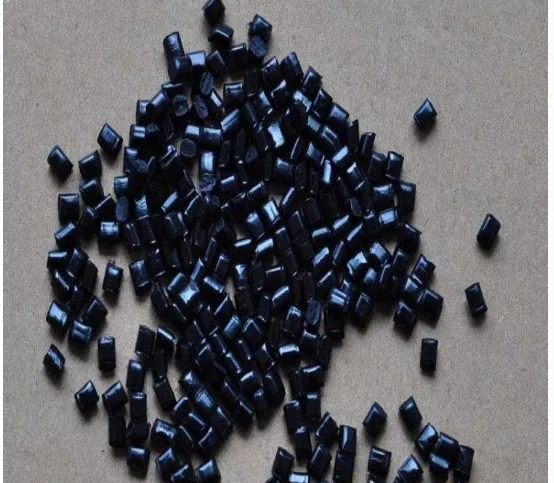In recent years, the mineral-filled polycarbonate (PC) industry has witnessed significant advancements and innovations, shaping its future trajectory in various applications.
Environmental Innovation in Polycarbonate Materials:
On December 4, 2023, Sanyang Society announced that its self-developed environmentally friendly transparent flame-retardant polycarbonate (PC) had passed perfluoro- and polyfluoroalkyl substances (PFAS) testing, confirming the absence of harmful components. This material, based on silicon-based polycarbonate (Si-PC), does not require halogen-based flame retardants, exhibiting excellent transparency, impact strength, and chemical resistance. Sanyang Society plans to apply this material in automobiles, household appliances, soundproof walls, and medical equipment, expanding the market application of eco-friendly materials.
Capacity Expansion and Technological Innovations:
On December 16, 2023, Longjiang Chemical successfully commenced operations of key facilities in its 260,000-tonne-per-year polycarbonate joint project, achieving full operation of the bisphenol A project, laying a solid foundation for the construction of the second-phase polycarbonate project. This development marks Longjiang Chemical's significant layout in the polycarbonate industry chain, enhancing domestic production capacity.
Covestro has established its first polycarbonate copolymer plant in Antwerp, Belgium, utilizing an innovative solvent-free melt process and new reactor concepts to produce high-quality plastics. This plant combines global production scale with the flexibility of independent units, reducing production complexity and enhancing efficiency.
Advancements in Medical and Automotive Applications:
Covestro introduced Apec® 2045 copolycarbonate, featuring high heat resistance suitable for producing medical equipment such as respiratory masks. This material shortens production time and costs while maintaining high quality and performance, providing a new option for medical equipment manufacturers.
SABIC's LNP™ ELCRES™ SLX1271SR resin is specifically designed for the automotive industry, offering enhanced scratch and mar resistance, as well as a high-gloss surface finish. This material not only enhances the aesthetics and durability of paint-free bodies but is also suitable for outdoor infrastructure components such as computer electronic cases and solar panels.

Trade Policy Adjustments and Sustainability Efforts:
Effective April 20, 2024, the Ministry of Commerce imposed anti-dumping duties on imports of polycarbonate originating from Taiwan, China. This decision was based on findings of dumping, substantial damage to the domestic polycarbonate industry, and a causal link between the two.
Trinseo offers complementary solutions for recycling PC waste streams using physical recycling technology, enabling the use of recycled raw materials in more fields. Products like CALIBRE™ ECO50 grade, containing 50% recycled PC raw material, contribute to reducing global warming carbon emissions.
Innovations in Lightweighting and Electronics:
Teijin's Tenax™ TPCL carbon fiber thermoplastic prepreg and Panlite® Sheet polycarbonate products are used in the casing of the world's lightest portable display, VAIO Vision+™, demonstrating the potential of polycarbonate in lightweighting and driving innovation in electronics and other industries.
Mitsubishi Chemical's high-performance polycarbonate resin XANTAR™ K series has been selected for the casing of the smartphone "Nothing Phone (2a)." This material offers excellent transparency, impact resistance, and heat resistance, improving the scratch resistance of polycarbonate resins, suitable for smartphone casings and automotive interior parts.
These developments highlight the dynamic nature of the mineral-filled polycarbonate industry, driven by innovations in material properties, capacity expansions, and sustainability efforts, shaping its future in diverse applications.
Copyright © 2024 Suzhou Accom New Material Technology Co., Ltd. All Rights Reserved.